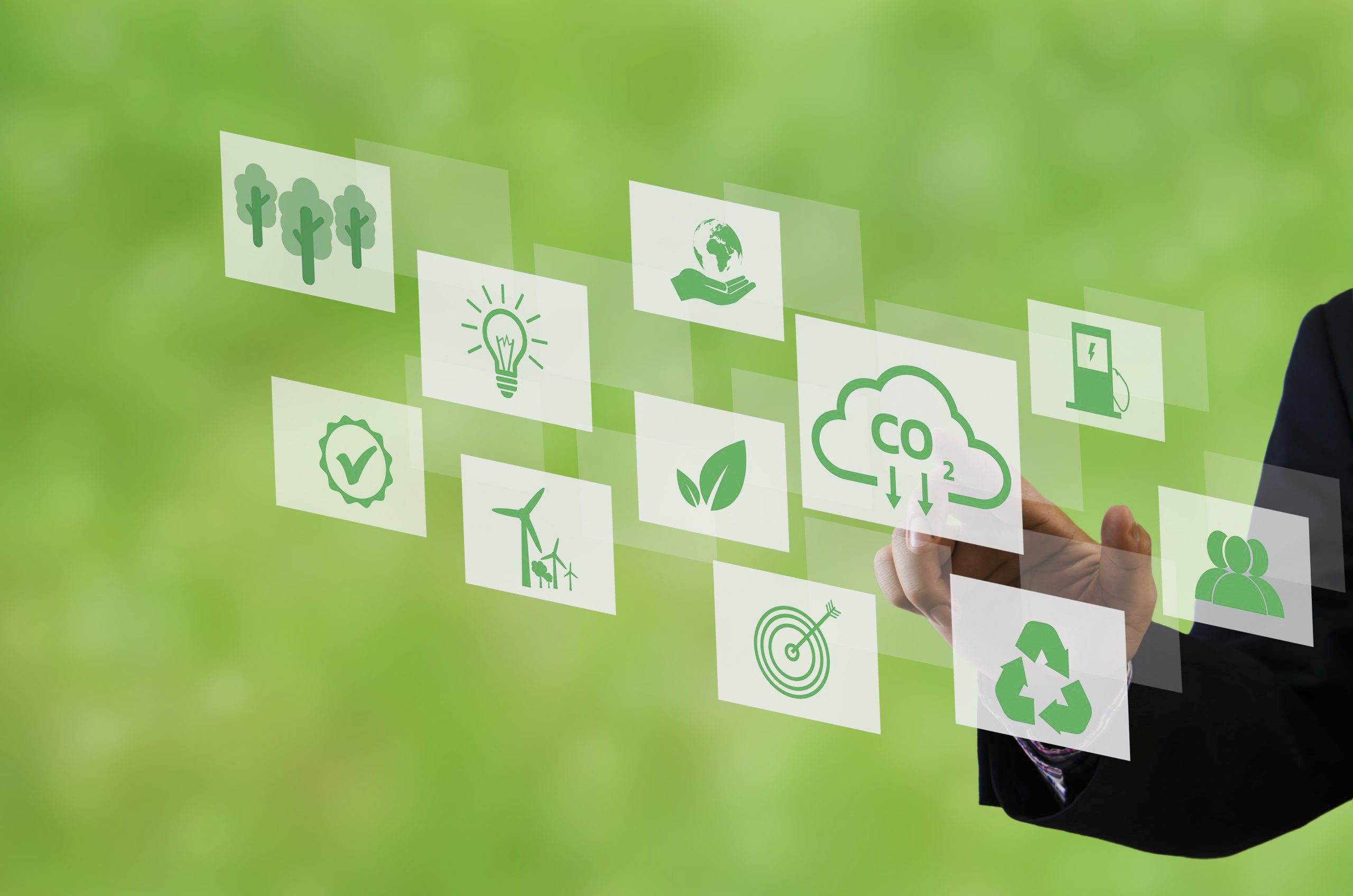Power of Sustainability Communications in Building a Responsible Brand
Consumers today are increasingly conscious of the environmental and social impacts of the brands they support. To thrive in this new landscape, businesses must prioritize sustainability and effectively communicate their efforts to stakeholders.
Long-term Impact of Sustainability Communications
- Enhancing Brand Reputation: It provides an opportunity to showcase a brand’s commitment to social and environmental responsibility. A strong brand reputation attracts conscious consumers and fosters loyalty. By transparently sharing sustainability initiatives, often confused with ESG communications, companies can build trust and establish themselves as ethical leaders in their industry.
- Engaging Stakeholders: Effective sustainability communications involves engaging with customers, employees, investors, and communities. Businesses who sharing stories, progress, and goals of their sustainability journey, inspire and involve stakeholders in the process. This engagement creates a sense of shared purpose and fosters a supportive community around the brand.
- Differentiating from Competitors: In a crowded marketplace, sustainability can be a brand’s key differentiator as it can attract consumers who align with its values. Effective communications allow businesses to highlight their unique sustainability initiatives and values, setting themselves apart from competitors.
- Driving Consumer Demand: Research shows consumers increasingly prioritize sustainable products and services. Communicating sustainability to customers goes a long way in educating consumers about the positive impacts of choosing responsible brands. Use of effective language in sustainability communications also enables businesses to create demand for their offerings and gain a competitive edge.
- Attracting and Retaining Talent: Employees increasingly seek purposeful work and align with companies that share their values and employers often face the question: how to communicate sustainability to employees? It contributes to a strong employer brand and a motivated workforce. By communicating sustainability initiatives, companies can attract top talent and retain employees passionate about making a positive impact.
- Influencing Policy and Driving Change: It is crucial in advocating policy changes and driving systemic changes. Businesses can inspire other organizations, industry peers, and policymakers to take action by sharing success stories, challenges, and goals. Collectively, these efforts can lead to a more sustainable future.
- Fostering Innovation and Continuous Improvement: Companies can inspire their teams to find creative solutions and drive positive change as responsible brand messaging creates a platform for sharing successes, challenges, and lessons learned. This transparent approach encourages innovation and drives continuous improvement within the organization.
- Mitigating Risks and Addressing Concerns: Businesses can build resilience, improve stakeholder relationships, and minimize reputational risks with a proactive and transparent sustainability communications‘ strategy. It helps businesses address potential risks and concerns related to environmental and social impacts.
- Resilience in a Changing Business Landscape: Communicating your commitment towards sustainable development helps businesses adapt to the changing business landscape by addressing evolving societal expectations, environmental regulations, and market trends. By staying ahead of emerging sustainability issues and communicating proactive strategies, businesses can navigate potential disruptions and remain resilient in the face of changing expectations.
- Positive Financial Performance: Companies with strong sustainability practices and effective communications tend to perform better financially in the long run, by integrating sustainability into their business strategies and effectively communicating their commitment. In addition, brands can attract ethical investors and enjoy increased customer loyalty, leading to improved financial performance over time.
- Driving Industry Transformation: Socially responsible communications can inspire industry-wide change and drive collective action towards a more sustainable future. This offers several companies a unique first-mover advantage. By openly sharing sustainability practices, successes, and challenges, businesses can influence their peers, competitors, and supply chains to adopt similar sustainable practices, thereby creating a positive ripple effect throughout the industry.
- Contributing to Global Sustainability Goals: The role of communication in sustainable development can help contribute to the achievement of global sustainability goals such as the United Nations Sustainable Development Goals (SDGs). By aligning their sustainability efforts with these goals and communicating their contributions, businesses can demonstrate their commitment to addressing pressing environmental and social challenges, contributing to a more sustainable and equitable world.
Summary
Communicating your sustainability initiatives both a responsibility and a strategic opportunity for brands to build a responsible image, engage stakeholders, differentiate themselves, drive consumer demand, attract talent, and influence change. Businesses can foster a strong brand reputation and contribute to a more sustainable world by effectively communicating their sustainability initiatives.
Way Forward
Ready to become a responsible brand? Let CrimsonCobalt Digital be your guide. Our expert team can help you navigate the world of sustainability marketing, from developing a strategy to implementing impactful initiatives. Whether you’re just starting out or looking to enhance your current efforts, we’re here to support you every step of the way. Contact us today and let’s create a sustainable future together!

